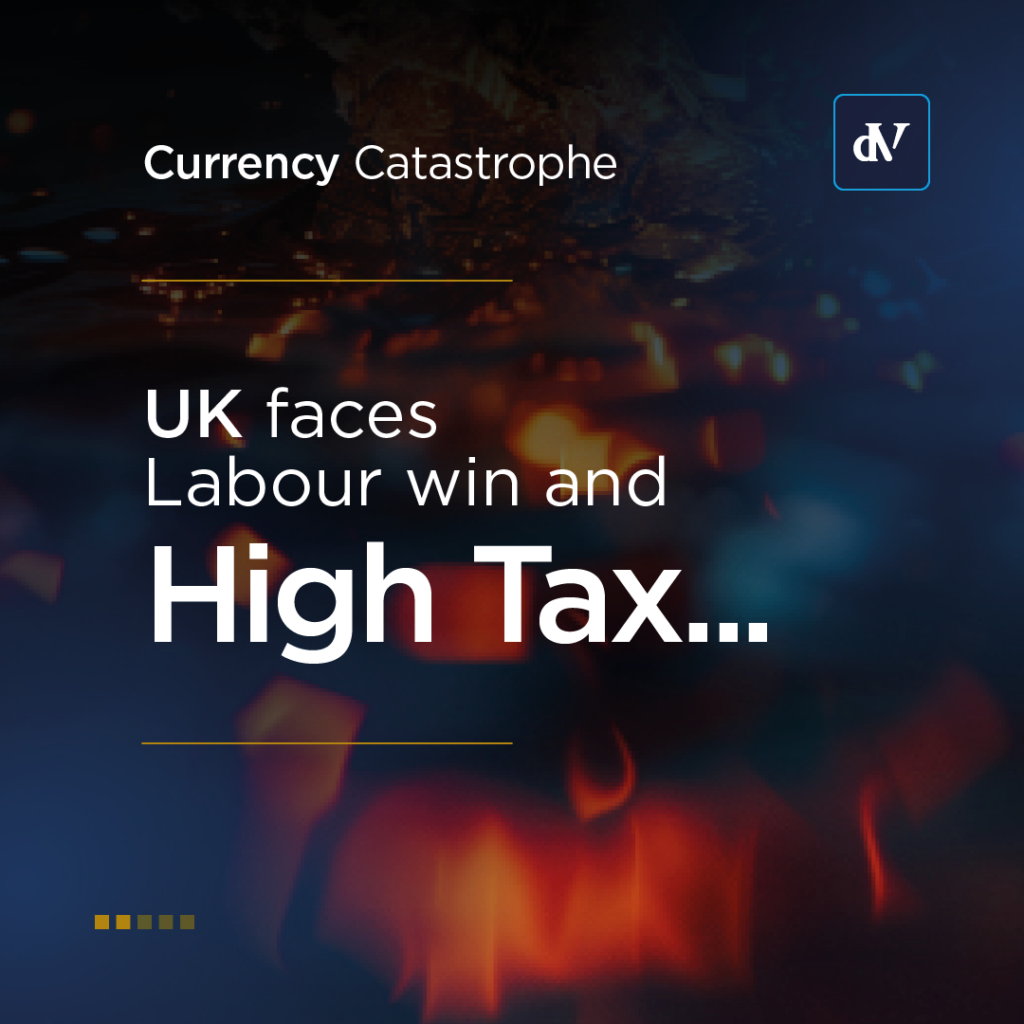|
Getting your Trinity Audio player ready...
|
You’re sitting in a long queue of cars, inching forward at a snail’s pace, all waiting for the same precious commodity – fuel. Sounds like a scene from a dystopian movie, right? But, for those who lived through the 1970s, this was a very real scenario. Welcome back, to our series of dissections into the significant financial events that shaped our world. This time, we’re turning our attention to the 1970s Energy Crisis, a historical event that left long-lasting marks on the global economy.
In our previous edition, we journeyed all the way back to the Great Depression, uncovering valuable insights from one of the world’s darkest economic periods. We learned about the dangers of over-speculation, the critical role of monetary policy, and the domino effect of a financial crisis. Today, we’ll switch gears from speculative bubbles and bank runs to talk about oil wells and gas pumps. And in the process, we aim to shed light on how an energy crisis, over four decades ago, can still offer us valuable lessons today.
But before we get into the crisis itself, let’s go back to the 1970s, an era of bell-bottoms, disco music, and, unfortunately, an era of long gas lines and skyrocketing fuel prices.
But where was all this oil coming from? Well, a significant chunk of it was pumped out of the rich oil fields in the Middle East, regulated by a group of oil-producing countries known as OPEC (Organisation of Petroleum Exporting Countries). As the 1970s dawned, the power dynamics were shifting. OPEC was beginning to assert its control over the world’s oil supply. Meanwhile, countries in the Western world, like the United States and those in Europe, continued to guzzle oil, blissfully unaware of the brewing storm.
One lesson we took from The Great Depression was diversification. An over-reliance on a single resource is risky, as is relying heavily on a few countries for that resource. Add to that mix some geopolitical tension, and you have a recipe for disaster. That’s precisely what unfolded during the 1970s Energy Crisis. But before we get into that, let’s have a look at a concise timeline of this crisis to understand the series of events that changed the world’s approach to energy forever.
The Yom Kippur War triggers the oil embargo.
OPEC announces an oil embargo against countries perceived as supporting Israel during the Yom Kippur War.
Oil prices quadruple, leading to inflation and economic recession.
The 55-mph speed limit is introduced in the U.S. to conserve fuel.
Rationing of gasoline begins in many countries.
The U.S. faces a severe winter, leading to natural gas shortages.
The Iranian Revolution leads to another sharp increase in oil prices.
The effects of the energy crisis subside, but they leave lasting impacts on the global economy.
Now, let’s step into the shoes of someone living through these events.
Picture this – you’re used to filling up your car’s tank without a second thought. But suddenly, you’re rationed to a few gallons of gasoline per week. The once-abundant resource is now a scarce commodity. Your daily commute becomes a puzzle to solve. Should you drive or find another way to travel?
The crisis highlighted how vulnerable economies could be to fluctuations in energy supply and prices. The world had taken a crash course in the importance of energy security, a lesson that would shape future policies and push towards exploring alternative sources of energy. But more on that later. For now, let’s turn our attention to how the energy crisis played out on the world stage.
The shockwaves of the 1970s energy crisis weren’t confined to just oil-importing nations; they were felt worldwide. Let’s take a global tour to understand how this crisis left a lasting impression on nations far and wide.
Let’s first set our sights on Europe. With the rapid increase in oil prices, countries like the UK, Germany, and France, heavily reliant on oil imports, faced severe economic setbacks. High energy prices led to inflation, decreased purchasing power, and a fall in living standards. It spurred these nations to rethink their energy policies, encouraging diversification of energy sources and greater emphasis on energy conservation.
Next, let’s look at Japan. As a nation devoid of natural energy resources, Japan was particularly vulnerable to the energy crisis. This crisis shook its energy-intensive, export-driven economic model. However, in a display of resilience and innovation, Japan used this crisis as a catalyst for transformation. It shifted towards energy-efficient technologies, becoming a world leader in sectors such as electronics and automobiles.
In contrast, the oil-exporting countries, primarily in the Middle East, experienced a boom. Flush with petrodollars, they built ambitious infrastructure and social programs. However, this sudden surge in wealth brought its own set of challenges, including economic volatility and the difficulty of managing rapid growth.
The energy crisis of the 1970s served as a rife reminder of the world’s interconnectedness. An embargo by oil-exporting nations didn’t just create a supply shock; it had profound and far-reaching impacts on the global socio-economic landscape. It’s a testament to the fact that in our interconnected world, a shift in the energy policies of a few nations can venture across the globe, affecting us all.
Now, in order to provide some more tangible, relevant value, it’s time to extract the lessons from this crisis and apply them to our financial and economic understanding today.
As with any crisis, the 1970s energy crisis presented some hard-learned lessons. These lessons are not confined to the past; they remain relevant and offer guiding principles for us today, some of which include:
The 1970s energy crisis underscored the dangers of over-reliance on a single energy source. Countries heavily dependent on oil bore the brunt of the crisis. In contrast, those with a more diversified energy mix were able to weather the storm better. This serves as a timeless lesson for us – be it in managing a country’s energy resources or our investment portfolio. Diversity helps mitigate risk and fosters resilience.
The sudden rise in oil prices sent shockwaves through the global economy. Many nations were unprepared for such a scenario, leading to severe economic disruptions. It underscores the importance of being prepared for economic shocks. This could mean maintaining a healthy fiscal position at a national level or having an emergency fund at an individual level.
The energy crisis spurred innovation, particularly in energy-efficient technologies. Japan, for example, transformed its adversity into an opportunity, becoming a global leader in energy-efficient industries. It reminds us that in the face of challenges, innovation can not only help us adapt but also create new avenues of growth.
The 1970s energy crisis was a wake-up call to the world about the vulnerabilities of our energy systems and economies. But with every crisis comes an opportunity to learn, adapt, and improve. Understanding the cause and effects of this crisis and how it could apply to the present helps us better prepare for the inevitable economic challenges of the future.
If you learnt something new today, keep an eye out for Part 3 of our financial literacy series, where we turn our attention to tech and the dot-com bubble that left its own digital signature over the end of the 20th century. Until then, keep investing in your financial education, because it’s your best bet in achieving the financial goals that you set for yourself year on year!
As pioneers of the financial industry, and a team backed by a wealth of experience, we have seen the growth and resilience of industries like energy, especially throughout times of heightened economic uncertainty.
It is important to stay secure while using the internet. It has been reported that external entities falsely represent themselves as providing financial services for deVere Investment and may use the names of current employees when attempting to carry out fraudulent activities.
Report fraud by emailing [email protected].
© 2010 – 2024 deVere Group. All rights reserved.



